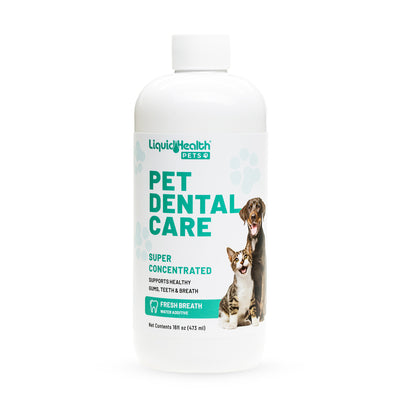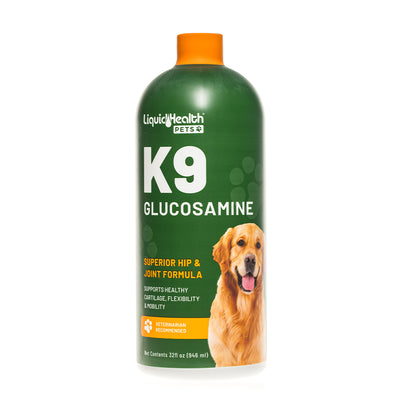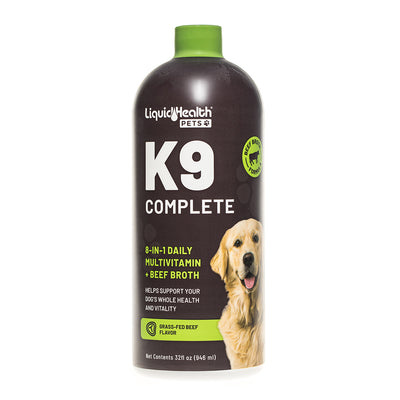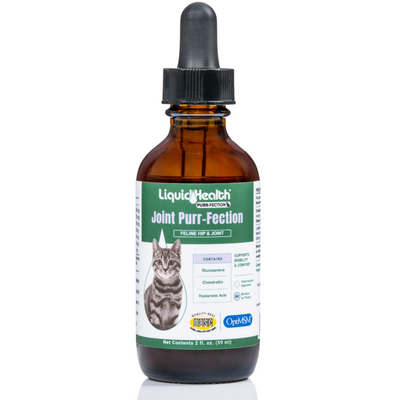There are many that dogs need to live a healthy life. Dogs are omnivorous animals. Unlike cats, they do not rely solely on meat for their source of food. While meat is a big part of their diet, there are many ways they can get the they need. Luckily, dog food companies are required to meet certain standards when it comes to the in their product. However, for people who do not their dog hard food found in stores, it is important to pay attention to what your pet is eating. Here are the most vital for dogs.
Carbohydrates
Carbohydrates are an important source of energy for dogs. This is one of the three dogs need for energy. They get their carbohydrates from sugars, starches, and other dietary fibers. Keep in mind that there are two different types of carbohydrates: simple and complex. Simple carbohydrates are found in things like sugar, honey, and fruit. Complex carbohydrates contain starches and fibers. Some foods that contain starches include beans, vegetables, and potatoes. Fiber, on the other hand, is found in foods like apples, carrots, and pumpkin.
Fats
The fats that a dog needs are in the food they eat. They can either get these fats from the meat of animals or the oils of plants. These fats are needed as a source of energy for dogs. They are also needed to keep a dog’s fur and skin healthy. Without enough fatty acids, the skin and fur become dry. While a lot of these fatty acids do come from meat, there are some dogs that are allergic to different kinds of meat. To learn more about a vegetarian diet for dogs, read our article, "Can Dogs Be Vegetarian?".
Protein
Without protein in their diets, dogs cannot survive. They need the amino acids found in the protein they eat. These amino acids are essential for turning glucose into energy. Some sources of protein for dogs are meat, eggs, and dairy. They can even get protein from some grains and legumes.
Other Vitamins and Minerals

Just like humans, dogs also need vitamins and minerals. While they need a lot of the same vitamins and minerals, they do not need quite the same daily amounts. Some important minerals are calcium for healthy bones along with magnesium, potassium, and sodium. When preparing food for dogs, it is important to make sure they are not getting too much or too little of these minerals. For a chart on how many vitamins and minerals dogs need each day, visit the chart on pages 7-8 here. Before you decide to change your dog’s diet to homemade meals, be sure to also discuss your plans with their veterinarian. They can help give you suggestions to make sure you have the most vital for dogs in each meal.
Sources
http://dels.nas.edu/resources/static-assets/banr/miscellaneous/dog_nutrition_final_fix.pdf





